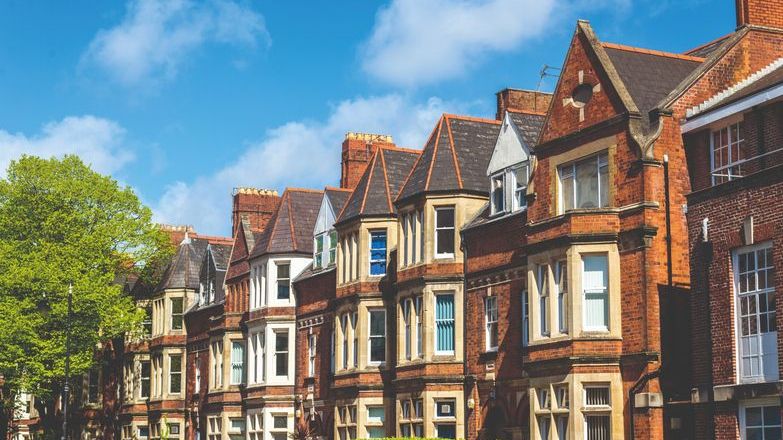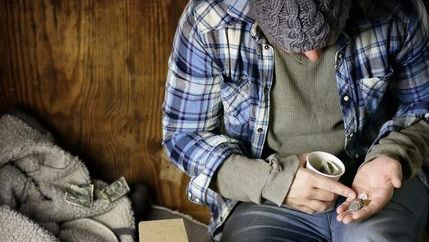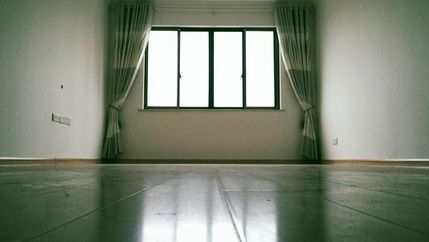
It was agreed by Members of the Senedd that Welsh people are being priced out of the property market, and although affordability and a housing shortage was high on the agenda Ministers had differing ideas on how to solve the issue.
Second homes and holiday lets in Wales need to be restricted
Second homes and holiday lets were discussed multiple times, some arguing they take away stock and push up prices with figures showing an average house price increase of 13 per cent in the last year. Others highlighted the tourism benefit of holiday makers, but the feeling was mutual that the issue needs to be restricted in some way to prevent further escalation. Suggested solutions included the raising of property taxes or more powers for the local authorities to determine local needs and usage of property classes.
A large voice was in favour of more affordable housing delivered through the building of more council and social homes and the use of sections 106 and 157 to prevent new homes from being used for second homes or lets and Julie James, Minister for Climate Change, who is responsible for housing, celebrated the 20,000 social rented homes expected to be delivered in this Senedd term, others criticised that this was not enough to house the 67,000 people currently on the social housing waiting list.
43,000 empty homes in Wales
Empty homes were cited as a waste of stock and a catalyst for crime, it was highlighted that there are 43,000 empty homes in Wales currently. Propertymark previously advised the Welsh Government on changes which could relieve the housing crisis in Wales including bringing back empty homes.
Propertymark has stated in its election manifesto, that unoccupied properties can lower land values and make selling properties nearby harder. Reviewing and extending the Empty Homes Grant scheme could help people bring unoccupied properties back into use and provide resources to local authorities to help them tackle this issue.
Julie James concluded: "Our aim is clear and, I think, shared—we ensure that young people continue to afford to live in the communities they have grown up in, as well as ensuring the long-term sustainability and vibrancy of those communities."




